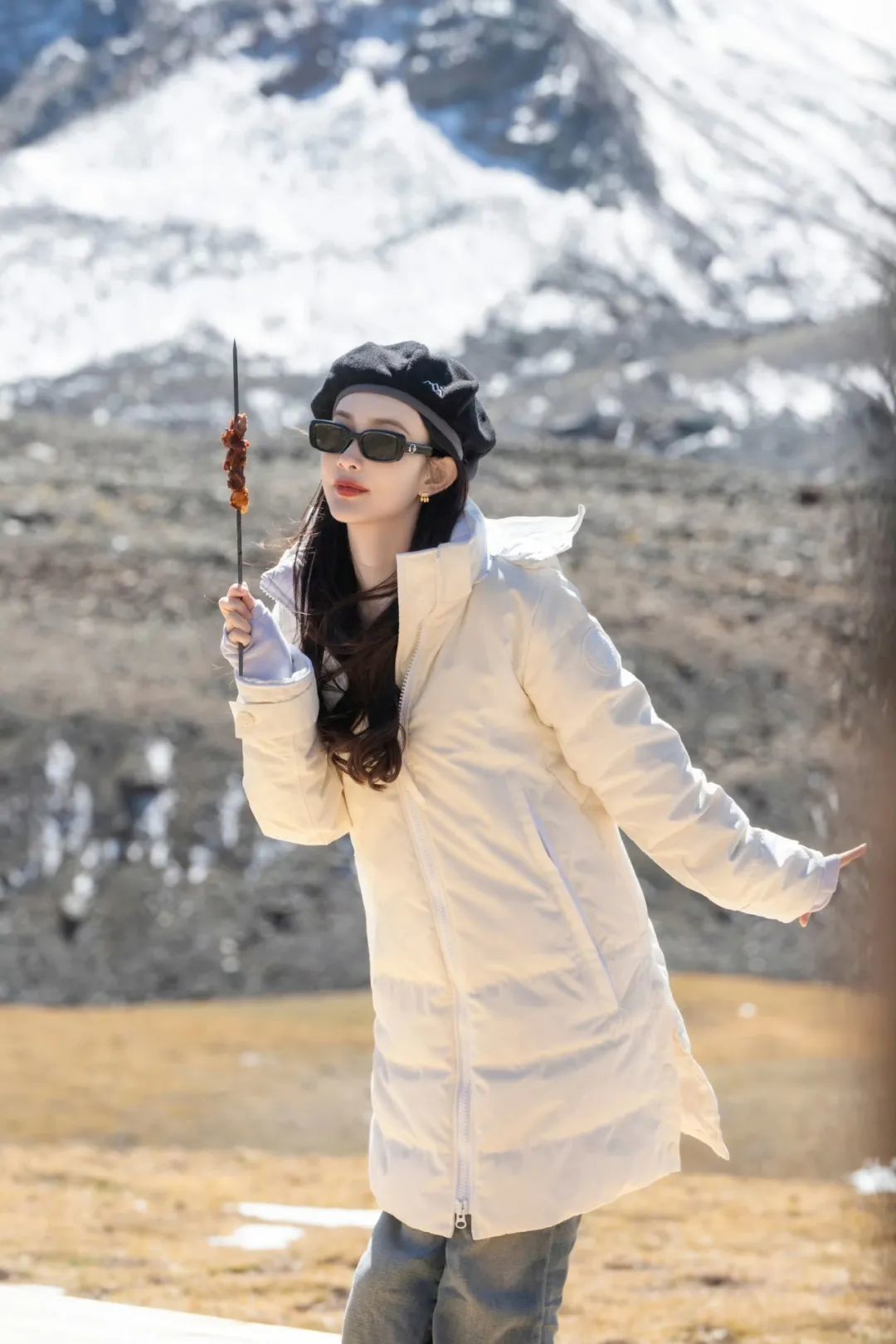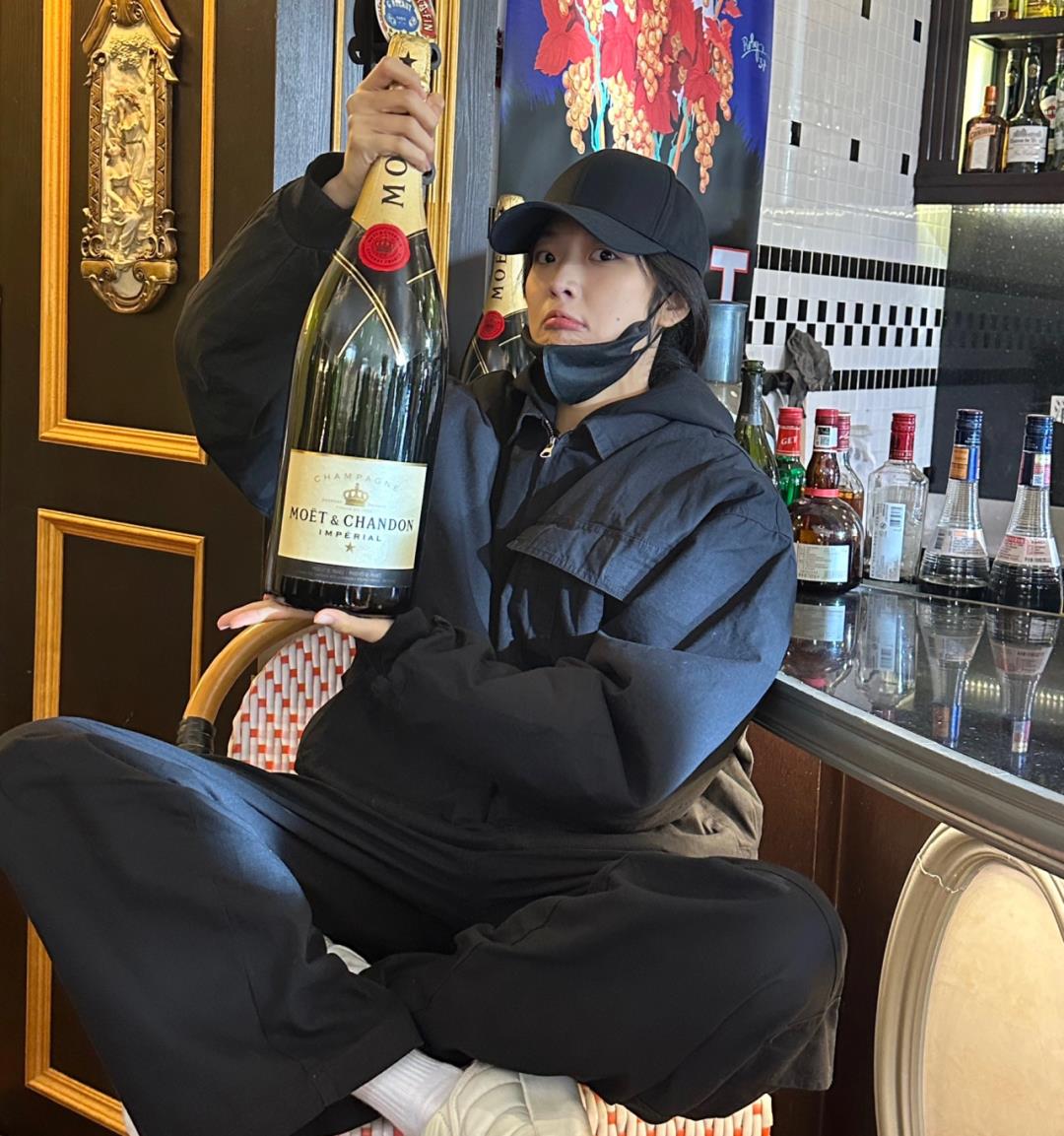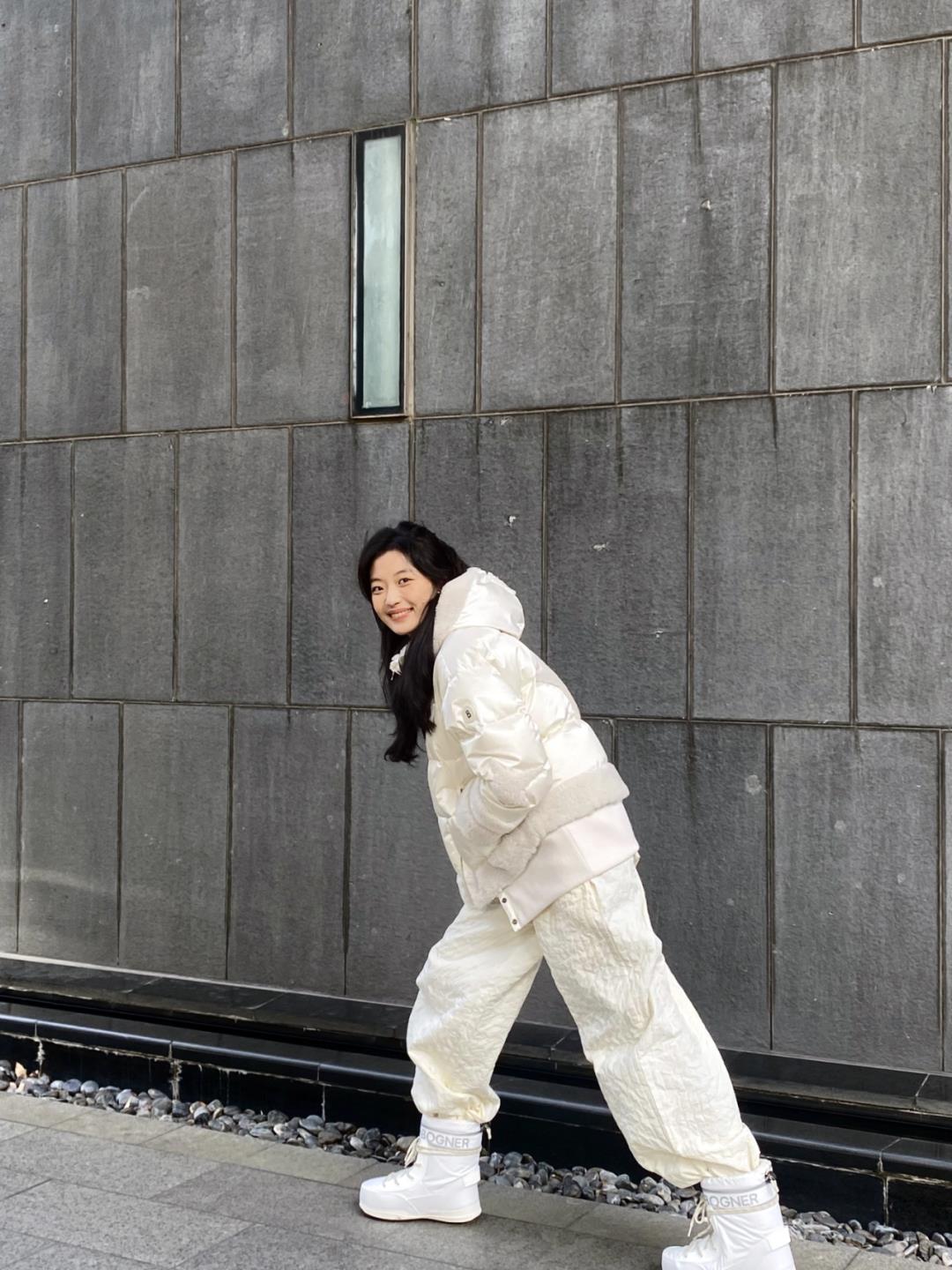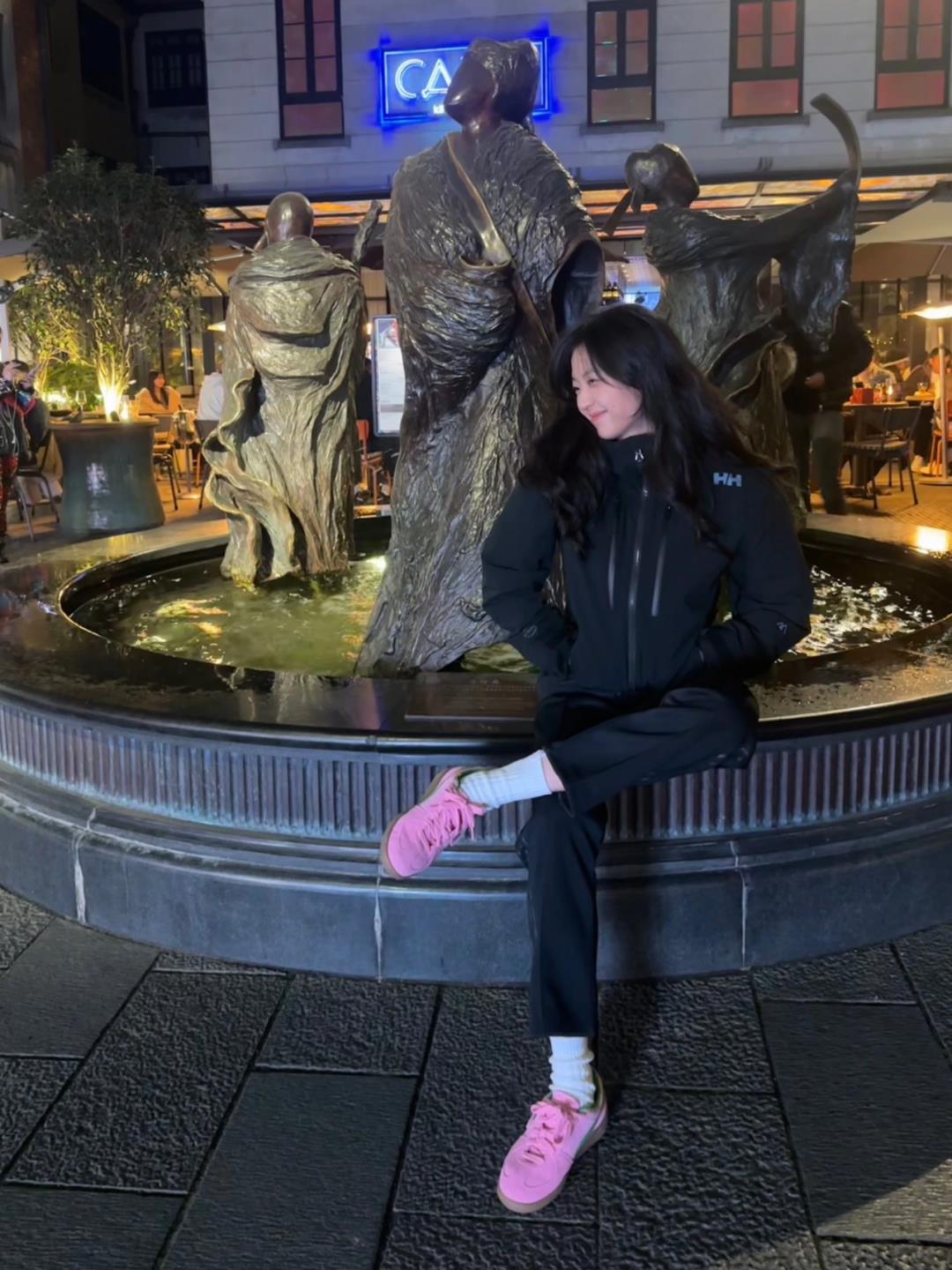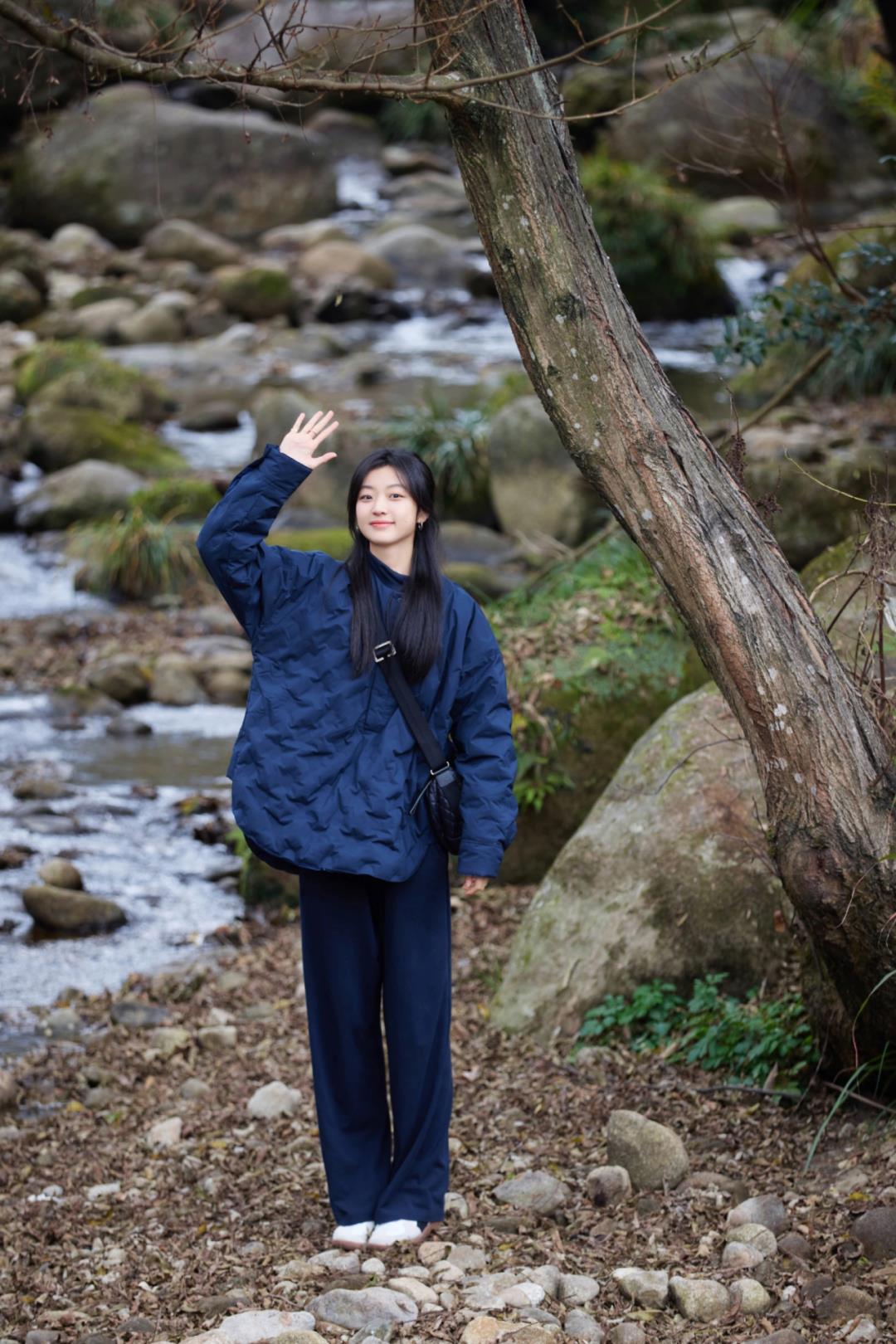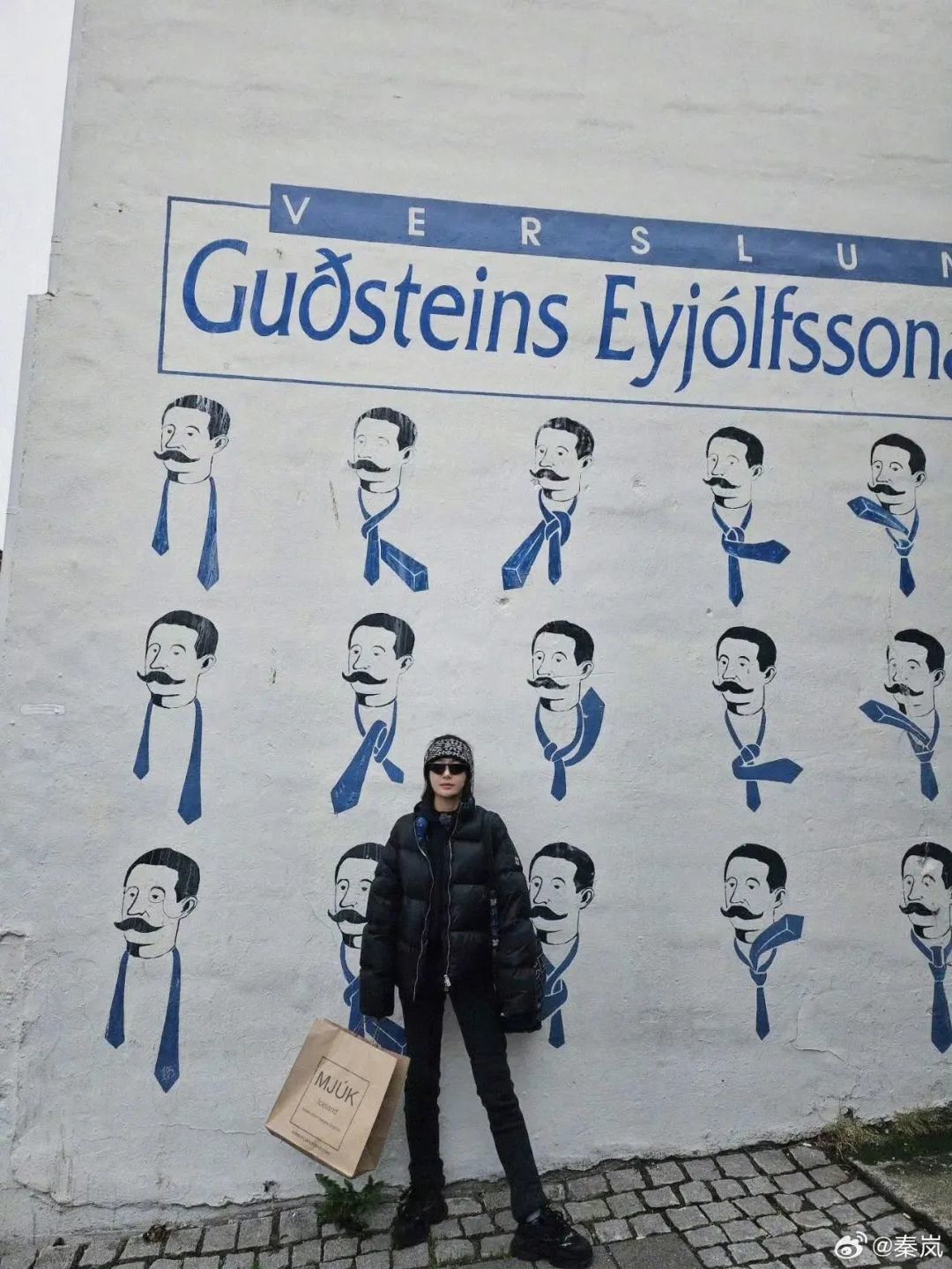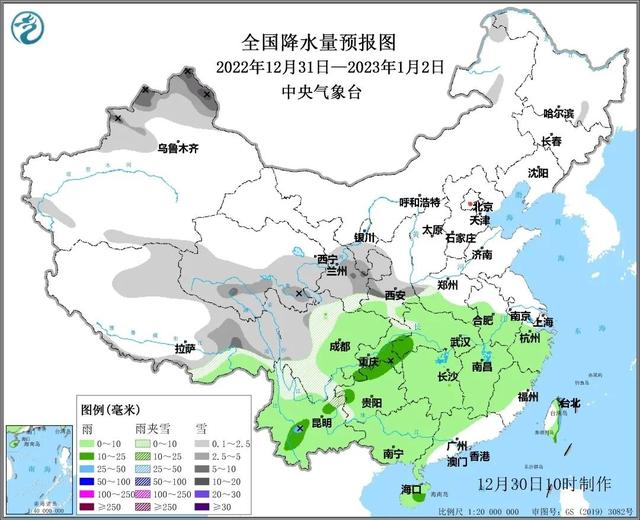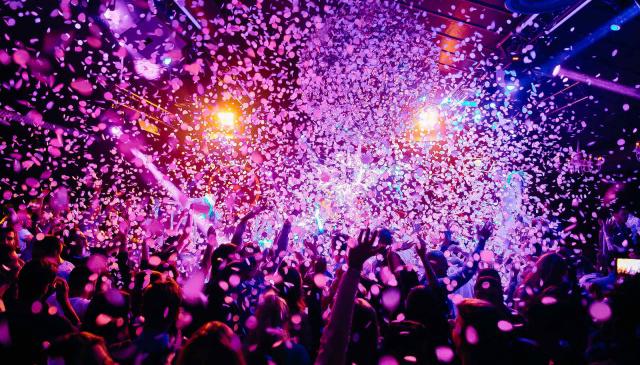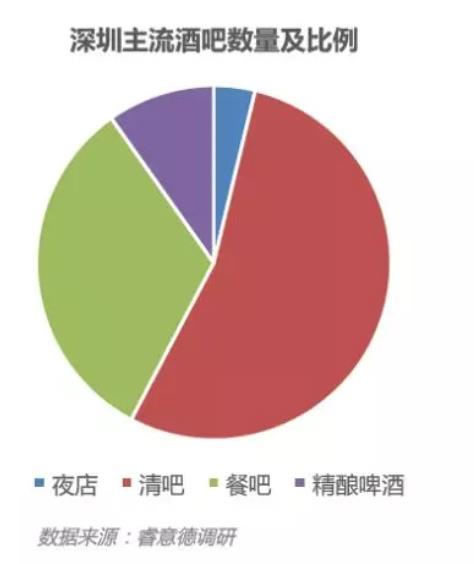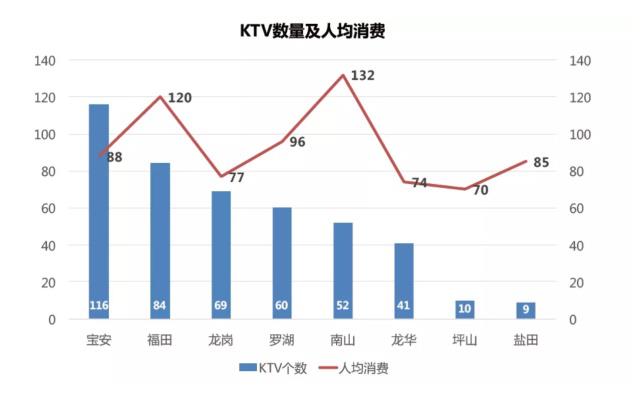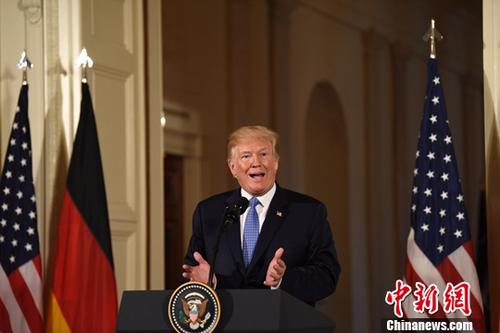Xinhua News Agency, Beijing, August 6th Topic: Keeping pace with the changes of people’s nightlife —— Investigation on the development of "night economy"
Xinhua News Agency reporters Zhou Wenlin, Zhao Wenjun, Wang Pan and Ji Xiaobo.
In the hot summer, the night is thick, from the cinema to the gym, from the bookstore to the bar … This summer, "night economy" has become a "hot word".
Nightlife reflects the changes of the times and highlights people’s new needs for a better life. The reporter’s investigation found that expanding night consumption by means of reform and exerting strength from supply-side structural reform will fully release the vitality of "night economy" and create a healthy, fashionable and beautiful nightlife.
The new nightlife of the people is rising with the new consumption demand.
Nightlife is a mirror for observing social changes.
In 1984, the night market spontaneously appeared on the West Lake Road in Guangzhou. Some courageous people set up stalls in the night market, selling clothes and snacks, and their popularity is growing. This is the first night market in Guangzhou.
Zhao Yuanzheng, the chairman of Guangzhou Cultural Investment Co., Ltd., recalled that the first phase of the night market in China appeared in the early 1990s, with the main feature of extending business hours.
"From 1995 to 2007, it was the second stage of night market development, characterized by the localization and scale of bars, KTV and dance halls." Zhao Yuanzheng said that such areas as Beijing’s Houhai, Gongti North Road, Yansha Business District and Chaowai Street have successively formed bar gathering areas.
Since 2007, the night market has entered the third stage. Night market products began to be intensively managed, and the rise of "night economy" showed new characteristics.
China’s "night economy" has developed from an early night market stall to a diversified night consumption market, covering "food, travel, shopping, entertainment, sports, exhibitions and performances", and the main consumption force, consumption types and consumption expectations have changed greatly.
The ever-increasing comprehensive national strength and people’s living standards are the background of the rise of "night economy". The three stages of "night economy" development are also consistent with the economic development track of China since the reform and opening up.
Standing on the threshold of building a well-off society in an all-round way, the flourishing nightlife is a mirror, reflecting the continuous improvement of the quality of life of China people.
Nowadays, the "post-80s", "post-90s" and "post-00s" who grew up with the reform and opening up are enjoying life in a new way different from their parents. "The consumption upgrade has even entered the aesthetic level, and people are more pursuing consumption that can obtain aesthetic satisfaction and emotional resonance." Fei Yong, co-dean of the Lifestyle Research Institute of Jinan University, thinks.
According to the "Life List" market survey sponsored by the Lifestyle Research Institute, 80.6% of the respondents believe that the main demand for night life and consumption is to release pressure; 59.9% of the respondents believe that the most frequent emotion at night is "empty yourself, no need to think", and the psychological need for decompression in nightlife is quite obvious; The stay time of night consumption is mainly 3 to 4 hours.
The prosperity of "night economy" contains strong endogenous power of China economy.
Behind the prosperity of "night economy" is the continuous extension of people’s consumption space and time-
"China is the busiest economy in the world and needs a nightlife that matches it." Luo Jianji, managing director of Guangzhou Modern Department Store Co., Ltd. said.
In the western city of Urumqi, the Grand Bazaar Night Market is a popular "Midnight Food Store" with an average daily passenger flow of over 100,000. People eat at the same table, and the children play around, full of happiness, acquisition and security.
In the central city of Changsha, a online celebrity restaurant specializing in crayfish has more than 7,000 tables a day, and customers are still seated at 11 o’clock in the evening. At the 24-hour unattended convenience store in Changsha, customers can heat their own lunches and brew coffee and instant noodles, and the sales at night account for 30%.
According to the data of UnionPay Business, the "post-80s" tourists spend the most at night, accounting for more than 40% of all tourists.
He Jianmin, director of the Cultural Tourism Exhibition Research Center of the Business School of Shanghai University of Finance and Economics, believes that the vigorous development of today’s "night economy" is the result of the continuous improvement of people’s leisure consumption level, seeking new consumption highlights and extending consumption space and time.
Behind the prosperity of the "night economy" is the continuous release of vitality and motivation from structural reforms on the supply side.
In Guangzhou, South Guangdong, the night tour of the Pearl River is a traditional tourism project. Today’s Pearl River Night Tour Red Boat is a modern water mobile theater, which performs Cantonese Opera, the representative of Lingnan culture, every night. Chen Jinhui, the chairman of Guangzhou Chenggang Tourism Development Co., Ltd., said that since its premiere in March 2016, it has staged more than 1,000 performances, and its operating income last year exceeded 10 million yuan.
Xi ‘an Datang City Pedestrian Street, at night, the imitation Tang building with red walls and yellow tiles was lit by Chinese lanterns, and the crowd jostled. Gu Yuying, deputy director of Xi ‘an Qujiang New District Management Committee, said that during the Spring Festival this year, the major scenic spots in Qujiang New District where Datang City that Never Sleeps received more than 30 million people and tourists, and the comprehensive tourism income was about 10.6 billion yuan. The average occupancy rate of hotels in the jurisdiction exceeded 75%.
Since May this year, the business hours of Beijing Wukesong Huaxi Business Circle have been extended from 10: 00 pm to 12: 00 pm, with a monthly flow of water increasing by 30% and passenger flow increasing by 40%.
Behind the prosperity of the "night economy" is a vivid example of China’s economy accelerating the transformation of old and new kinetic energy-
"Pearl River Pagoda" is the bar street of "online celebrity" in Guangzhou. "You can sell 2 tons of beer a day." Luo Zhijun, chairman of Guangzhou Pagoda Investment Management Co., Ltd., introduced that the bar street built by using the old factory building in the original site of Zhujiang Beer integrates production, consumption, cultural performances and art exhibitions. Because of the popularity, Guangzhou public transport has set up a special stop in Pazhang.
Zhou Tianyong, director of the Center for Strategic and Policy Studies in China, Dongbei University of Finance and Economics, believes that the "night economy" is connected with the consumption end and the production end, which has effectively promoted the transformation of old and new kinetic energy.
Aiming at the better life of the people, expanding consumption and meeting demand by means of reform
"Night economy" has become an important indicator to measure the quality of life, consumption level, openness, activity, soft investment environment and the vitality of economic and cultural development in cities. How does the "night economy" aim at the needs of the people and release more vitality?
To meet the needs of the people for a better life, a series of reform measures to promote consumption are being launched-
To further expand consumption, we must first let the people "have money to spend." This year, China’s nearly 2 trillion yuan tax reduction and fee reduction policy is accelerating. In the first half of this year, the per capita tax reduction of individual tax reform was 1,340.5 yuan, and a total of 115 million people no longer had to pay personal income tax on wage income. Under the influence of multiple factors such as tax reduction and fee reduction, in the first half of this year, the per capita disposable income of the national residents actually increased by 6.5% after deducting the price factor, and the income growth of residents was faster than the economic growth rate.
In January this year, the National Development and Reform Commission, the Ministry of Industry and Information Technology, the Ministry of Commerce and other 10 departments jointly issued a document, and issued 24 specific measures to promote consumption, in line with the general trend of household consumption upgrading.
In July this year, the State Council agreed to establish and improve the inter-ministerial joint meeting system to promote consumption, and to coordinate and promote the expansion and upgrading of household consumption.
Xu Guangjian, a professor at the School of Public Administration of Renmin University of China, said that compared with the consumption rate of developed countries in Europe and America, which is as high as 80% to 90%, China’s final consumption accounts for about 60% of GDP, and there is still much room for improvement in consumption growth.
Recently, the the Political Bureau of the Communist Party of China (CPC) Central Committee Conference proposed to use reform methods to expand consumption.
Guang Xu Jian said that the development of "night economy" will become an important force to promote consumption. On the one hand, people’s "money bags" will be inflated and their consumption will "run"; on the other hand, enterprises in the "night economy" will be given tax support, employment support and business place support.
If the "night economy" is to be dynamic, it is necessary to keep up with the pace of people’s nightlife-
From eating, drinking and shopping, to innovating lifestyles and pursuing the beauty of life, the needs of the people force enterprises to make efforts from supply-side structural reforms and innovate the supply of products and services.
"The Pearl River Night Tour, the Little Man’s Waist and the Chimelong Circus are known as the’ old three kinds’ of night tours in Guangzhou, but apart from watching animals, the cultural atmosphere is not enough, so it is necessary to make up for the cultural shortcomings of Guangzhou nightlife." Yin Zhixin, director of the Service Department of Guangzhou Development and Reform Commission, said that it is necessary to develop a "night economy" with healthy content, positive image, standardized service, rich formats and diverse audiences.
The "night economy" needs a good development environment and needs the joint efforts of the government and the market to create-
In the investigation, the reporter found that the "night economy" industry is still short of leading benchmark brands, and businesses are quickly eliminated when they open stores, and the phenomenon of homogenization and clustering is serious.
"There is an economy where there is consumption. It is necessary to develop the’ night economy’ around the people and improve the convenience of nightlife consumption." Zhou Tianyong said.
"The law can be done without prohibition. The government supports the development of the’ night economy’, and it is necessary to let it live and manage it well." Zhou Tianyong pointed out that urban management departments should help enterprises solve problems such as noise, sewage discharge and garbage sorting instead of banning them and imposing fines.
To develop the "night economy", relevant departments are further emancipating their minds and upgrading their urban governance capabilities. Shanghai has established a system of "night warden" and "nightlife CEO". Jinan issued "Ten Articles at Night": adjusting the road sprinkling and scouring mode, strengthening manual cleaning, and strengthening the management of domestic waste collection and operation industry. Some cities have extended the running hours of subways, increased the operation of late-night buses, and innovated the management of noise and pollution in night markets …
To develop the night economy, we should not forget the countryside and small towns.
In Ningxia, which is located in the northwest, about 96% of towns and villages have built farmers’ sports and fitness venues. The popularity of various cultural and sports activities such as square dance and Tai Ji Chuan has triggered a mass fitness craze and lit up the nightlife in the village.
"You can’t just play small mahjong at night, but fully mobilize the amateur culture and sports life of the rural people." Zhou Tianyong said that rural nightlife should be adapted to local conditions, reflect rural characteristics, fully tap folk skills and intangible culture, and realize the inheritance and protection of traditional culture.
Zhou Tianyong said that there are close industrial, economic, social, spatial and cultural ties between cities, towns and villages. Lighting up rural nightlife will effectively promote the development of rural leisure tourism and other industries, broaden the channels for farmers to increase their income, and fully stimulate the entrepreneurial enthusiasm of farmers and the vitality of rural elements to create wealth. (Participating in writing: Deng Ruixuan, Chen Aiping, Fu Guangyu)
